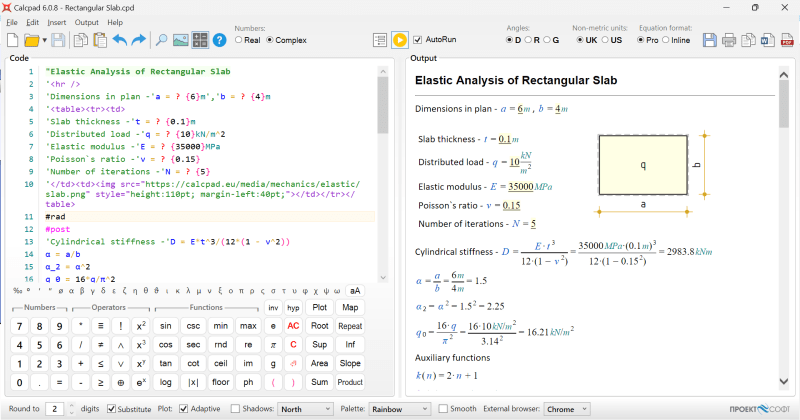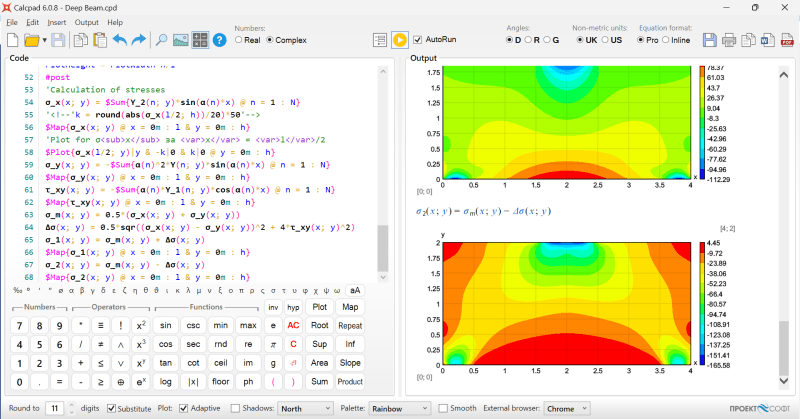Christian_S
Mechanical
Hey
I recently posted this in the structural forum, but seeing as my education is in mechanical engineering I’m curious about the answers from this forum as well.
How do you use programming in your daily work, or what types of challenges do you solve with programming? And what type of language(s) do you use for this?
I recently posted this in the structural forum, but seeing as my education is in mechanical engineering I’m curious about the answers from this forum as well.
How do you use programming in your daily work, or what types of challenges do you solve with programming? And what type of language(s) do you use for this?


